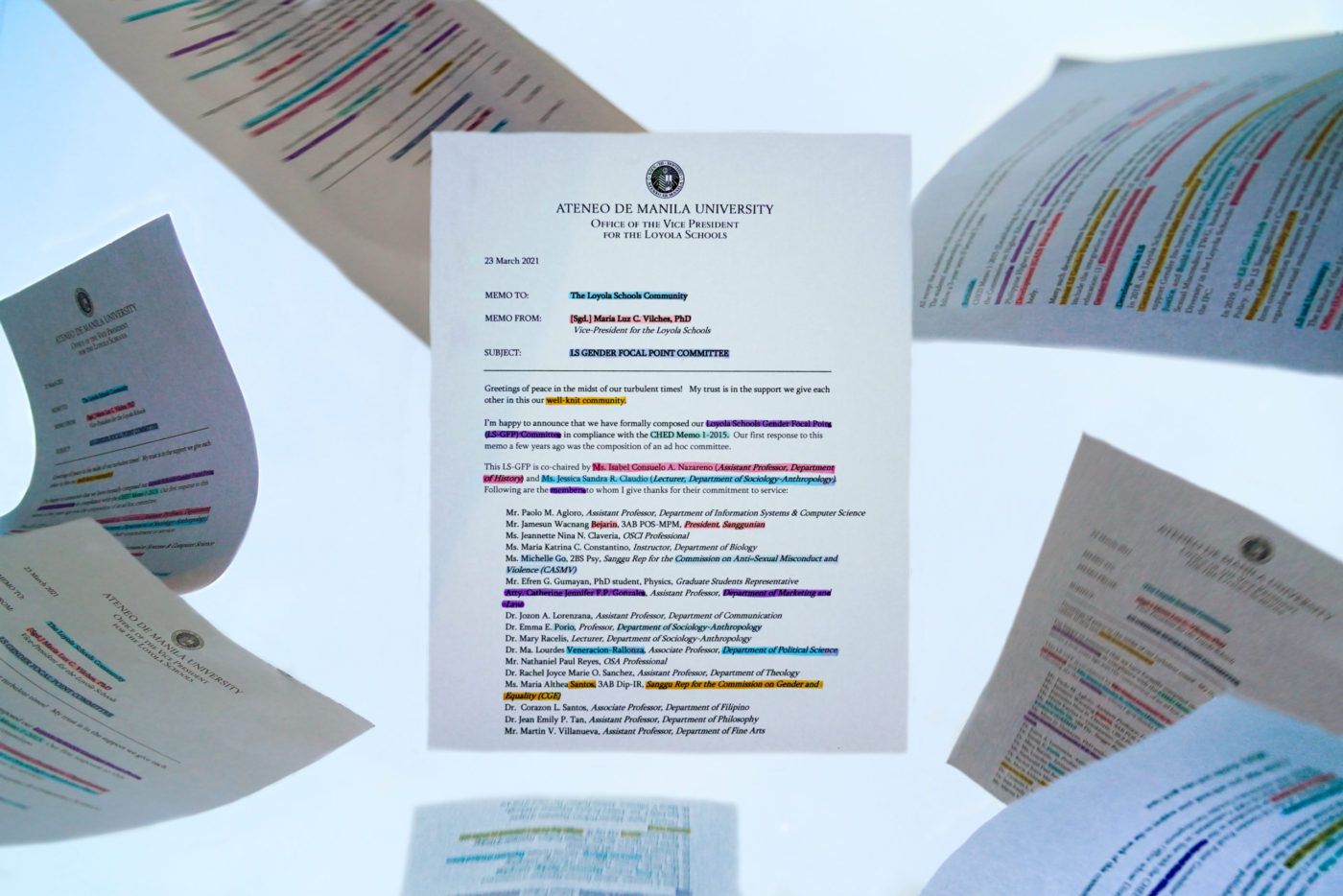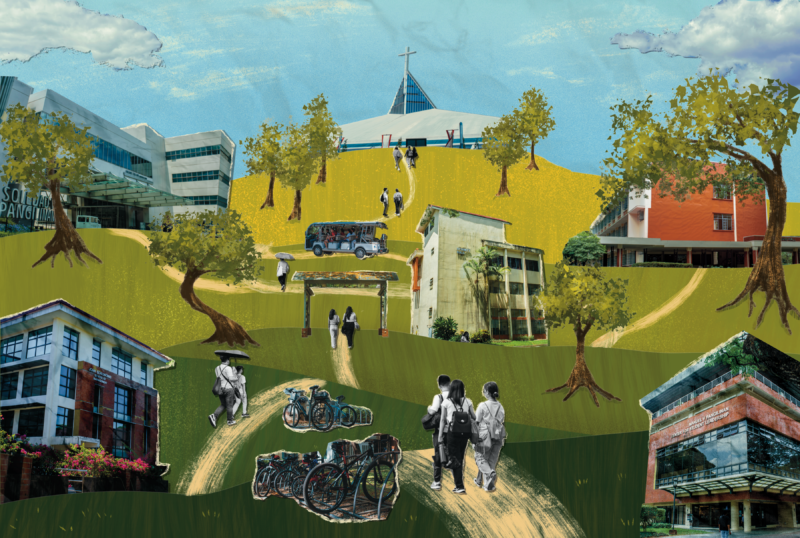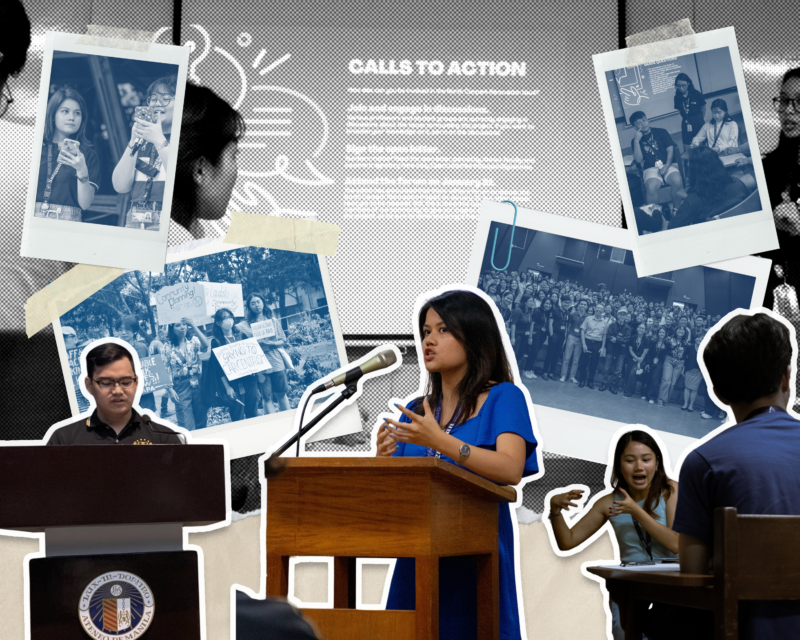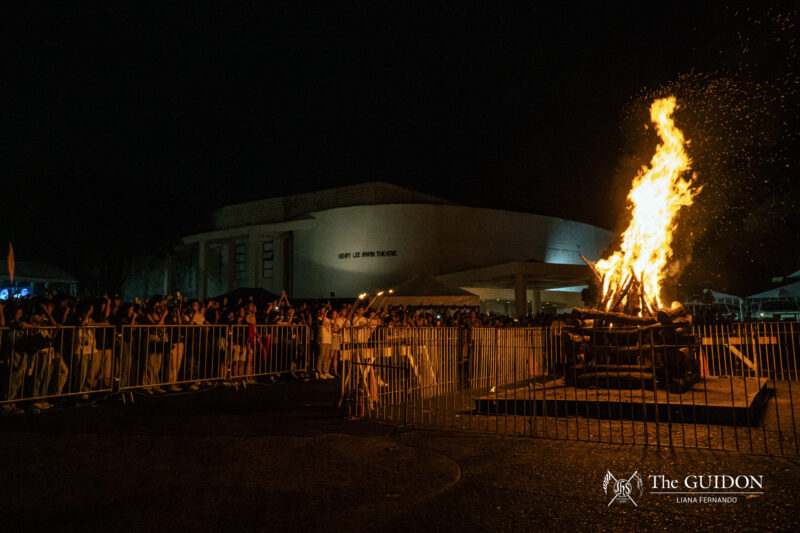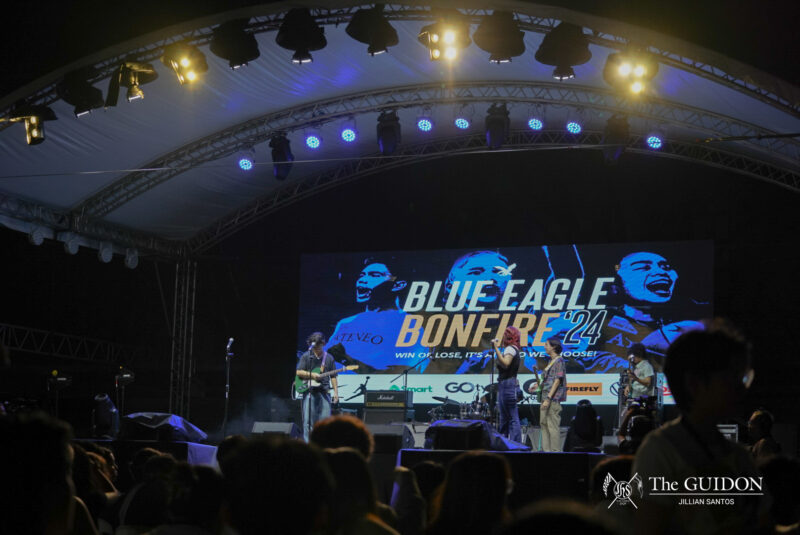IN A bid to promote gender sensitivity and responsiveness, the University administration formed a Loyola Schools Gender Focal Point (LS-GFP) Committee which began operations on March 23. The Committee is composed of faculty members, Sanggunian representatives, and professionals involved in student formation—all of whom have a three-year tenure in the LS-GFP Committee.
The LS-GFP Committee is a unit under the University Gender and Development Focal Point Committee (UGDFPC) that was created on April 11, 2018 in compliance with Commission on Higher Education (CHED) Memo 1-2015. The memo mandates that higher education institutions integrate principles of gender equality in their curricula, research programs, and extension programs.
Pursuant to this, the UGDFPC created ancillary gender and development structures such as the University Decorum and Investigation System (UDIS), the University Gender Hub, and the University Gender and Development Office (UGDO). According to LS-GFP Committee Chairs Jessica Sandra Claudio and Isabel Consuelo Nazareno, the LS-GFP Committee is one of the structures formed under the UGDO in particular.
The LS-GFP Committee also draws its mandate from the Code of Decorum and Administrative Rules on Sexual Harassment, Other Forms of Sexual Misconduct, and Inappropriate Behavior (Code and Rules). The Code and Rules states that the Committee must collaborate with other bodies of the UGDFPC to foster gender equality in the University.
Redefining norms
Amid cases of sexual misconduct in the LS, Claudio and Nazareno emphasized the LS-GFP Committee’s role as “preventive mechanisms” against sexual misconduct, while other UDIS offices are “response mechanisms” that investigate sexual harassment cases. “Equipped with this knowledge [on gender sensitivity and responsiveness], we hope that [LS community] members will be in a better position to act in accordance with values that foster gender equality in every aspect of their lives,” they said.
Claudio and Nazareno further explained that the LS-GFP Committee seeks to strengthen gender and development structures in the LS. In line with the gender and development approach described in CHED Memo 1-2015, the Committee specifically seeks to redefine traditional gender role expectations through the LS curricula, research programs, and extension programs.
Claudio and Nazareno pointed to gender mainstreaming—a public policy approach that considers all genders’ perspectives when developing a program—as the primary strategy to fulfill their goal. In the context of the LS, they explained that the Committee ensures the various LS curricula and programs include relevant topics on gender and on fostering a bias-free community.
Since its operationalization, the LS-GFP Committee has been developing a concrete and sustainable action plan for gender sensitivity and responsiveness that it hopes to fully implement within the next three years.
Gender-related programs and reforms
According to Claudio and Nazareno, the LS-GFP Committee’s first meeting is scheduled to be in June before AY 2021-2022 begins. By then, the Committee hopes to finalize an array of policies, programs, processes, and support structures to actualize the principles of gender and development in the LS. They plan to sustain these changes through continuous gender sensitivity training programs for LS employees.
To ensure that LS curricula aligns with the agenda on gender and development, Claudio and Nazareno said that the LS-GFP Committee will revisit and resubmit a proposal to create a Minor in Gender Studies. They also hope to “establish a ladderized gender education,” which integrates courses on gender and development in the core curriculum and encourages students to pursue gender-related interdisciplinary electives.
“The Committee’s primary commitment is ensuring that the LS community is aware that gender is a significant variable that intersects with other components such as one’s socio-economic and political experiences,” they explained.
As for increasing the University’s gender research opportunities, Claudio and Nazareno said that the LS-GFP Committee will first assess the status of gender mainstreaming in the LS using the Institute of Philippine Culture’s study, Mainstreaming Gender and Diversity in the Loyola Schools: Perspectives, Practices, and Prospects. Claudio and Nazareno also said that the Committee seeks to institute grants and incentives to faculty and students.
Claudio and Nazareno added that the LS-GFP Committee will review the LS’ connections with institutions, organizations, and communities involved in its formation programs to ensure that extension programs promote gender equality. In line with this, the Committee will also look into the work of LS centers to ensure that they support and strengthen the principles of gender and development.
A call for cooperation
Claudio and Nazareno admitted that although the creation of such gender and development structures is “progressive,” conversative sectors in the LS community “may not take to” these changes.
Claudio and Nazareno added that the pandemic poses further challenges to the LS-GFP Committee’s work. “The landscape is [shifting] in terms of how we teach, learn, research, and do extension work,” they explained.
Despite these drawbacks, Claudio and Nazareno remain hopeful in what they see as strides towards increased gender sensitivity and responsiveness in the LS.
“We hope to see meaningful changes in the way each sector in the LS community responds in relation to gender issues, and in how they see themselves as actors in these issues. More concretely, we hope that the institutionalization of [gender and development] is supported and sustained in the long-term until it becomes part of Ateneo culture,” they said.

